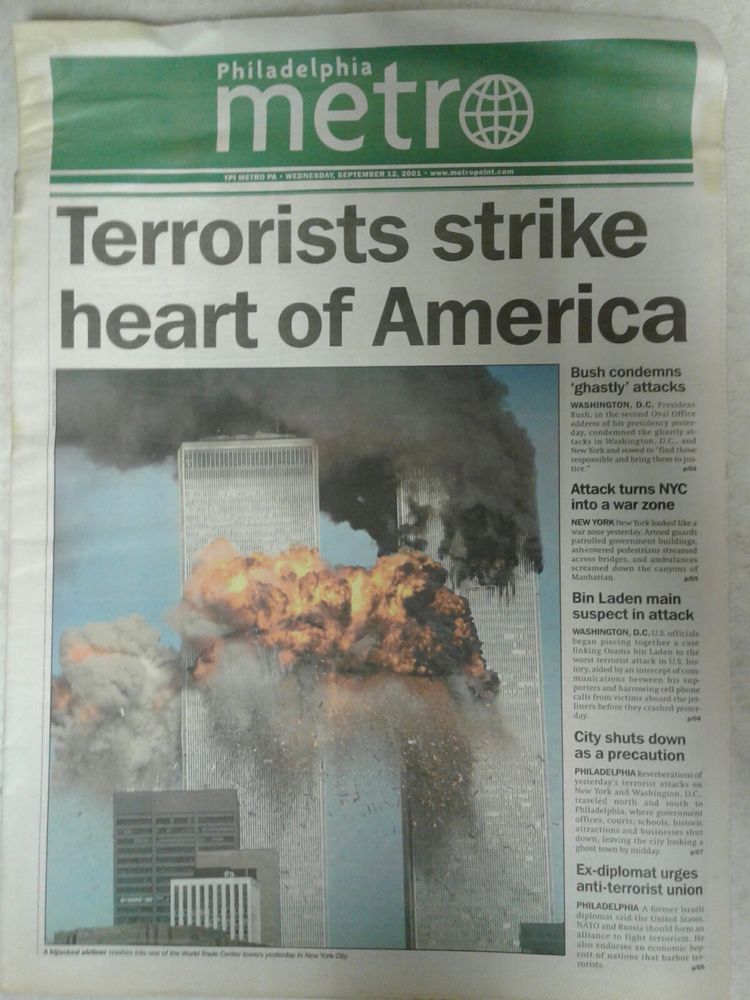 All presidents suck so I hate them. But it takes a special something to trigger me into full-on Presidential Derangement Syndrome.
All presidents suck so I hate them. But it takes a special something to trigger me into full-on Presidential Derangement Syndrome.
When you go from contempt to boiling rage at the mere thought of a president’s existence and less to his deeds, that’s PDS. When Reagan and one of the Bushes appeared it took Herculean effort to resist my urge to throw something heavy and lethal at the screen. The thought that two of these worthies are dead gives me nothing but pleasure; I hope to live long enough to witness the trifecta.
I hated their policies. But policies don’t trigger PDS. As a leftie I despise Democrats more than Republicans in the same way that the French loathed the Nazis but hated French collaborators more; Republicans are warmongering racist corporatist monsters but so are Democrats and they ought to know better.
I despised the transparent insincerity of Reagan’s “well, golly” phony folksiness juxtaposed against the viciousness of such actions as gutting the social welfare safety net to cut taxes for the wealthy. As with Reagan my visceral disdain for George HW Bush stemmed from his behavioral hypocrisy; how dare he play the civilized Connecticut preppy while he gleefully ordered a war crime, the massacre of thousands of Iraqis fleeing Kuwait during the Gulf War on the “Highway of Death”?
Bush Derangement Syndrome (about Dubya) pushed me over the edge.
Typically, the man’s politics were despicable. But it was his style, his stage manner, that really drove me nuts: his adopted Texas swagger and equally phony accent, the smirk, his manic cadence—above all, the look in his eyes that said: “I’m a dumbass and I like it.” I didn’t want to have a beer with him, I wanted him to move to the surface of the sun. The incurious idiot drove me to distraction and it shows in my cartoons from the Bush 43 era: angry, pedantic, ineffectual.
In Anglican-founded America, political satire is best served cold.
Living in New York most of my friends are Democrats. I empathize with yet do not share the Trump Derangement Syndrome that is rife throughout liberal-leaning media and among voters.
Trump, TDSers scream, is the worst president ever. They claim that his politics are uniquely ruinous, totally unprecedented, and represent an existential threat to everything good and decent about America. We are doomed! Pendant Trump, le déluge. Trump’s novel awfulness, they explain, is why they hate him so much they wouldn’t even consider having sex with someone hot if they owned a MAGA hat.
Liberals are mistaken. Like all Presidential Derangements, the Trumpian version is provoked by the man’s tone, not the substance of his policies.
No doubt, style matters. This president is the most uncivil, crassest, crudest, ugliest (in several meanings of the word) U.S. leader in memory. Maybe ever.
But style is only style. Style is not substance. Conflating Trump’s weird crazy demeanor with his generically Republican politics exacerbates a problem afflicting our national discourse, our pundits’ tendency to obsess over the distraction of personality rather than the politics that govern our lives.
Though repugnant, neither Trump’s politics nor his policies are significantly worse than those of his precedessors.
Trump separates and jails children at the Mexican border; the policy began smaller under Obama—who jailed and tortured children at Guantànamo (as did Bush). White government officials stole babies from Native Americans until the early 20th century.
The Muslim travel ban is racist and vile; so was the Asian Exclusion Act.
Trump ignored Puerto Rico after it was destroyed by hurricanes; have we already forgotten Bush’s malign neglect after Katrina devastated New Orleans?
Trump’s White House staff reeks of nepotism and self-dealing. JFK appointed his brother, who never really practiced private law, as Attorney General. It didn’t take but Clinton tried to make his wife a healthcare czar.
Trump filled his cabinet with unqualified fools and officials who oppose the missions of the departments they lead. Nothing new there either: Reagan appointed a dentist as Secretary of Energy, a military general as the nation’s chief diplomat, a guy who wanted to eliminate the Education Department to run it and James Watt, who hated the environment, to lead the Interior Department.
Though it’s more style than substantial policy, Trump rightly earned contempt for legitimating the “alt right” in Charlottesville. Sadly, this is hardly new ground for a president. Reagan staged his 1980 campaign announcement rally in the tiny Mississippi town where the KKK murdered four Freedom Riders during the civil rights struggle in order to signal to racists that he was one of them. Nixon had his Southern strategy. Wilson (famously a racist) Taft, Truman and Ike tacitly approved of American fascists like Herbert Hoover and Joseph McCarthy as they hunted down “communists” who in many cases were not—and so what if they were?
Trump’s trade wars and government shutdowns feel new. Actually government shutdowns, all 20 of them, date back to Gerald Ford. We’ve launched trade wars since independence from Britain.
Trump coddles dictators and tyrants like the Saudi prince who had a journalist murdered and sliced into pieces in a consulate but it would be difficult to identify any US president who didn’t maintain close diplomatic, financial and military ties with brutal dictatorships.
No. Trump is not a departure. He is a continuation of America’s insanely violent, classist, racist and militarist policies as pursued by every one of his predecessors.
The real reason liberals can’t stand Trump is that he’s vulgar. Everything from his ’80s-shiny too-tight suits and too-long cherry-red ties to his combover of death to the brass trimmings he favors in his hotels and his spray-on tan screams “used car salesman.” Obama, now he was a president: slim, trim, calm, professorial, multisyllabic. Anyone who liked Obama and hates Trump is kidding themselves if they don’t admit it: they’re can’t stand President Trump because he’s a terrible casting decision.
Politics has very little to do with it.
I hate Trump, but no more than previous presidents. Actually, there’s something I really like about him.
There’s little disjoint, no disconnect, between his disgusting policies and his equally gross persona. Trump is the president America, specifically American politics, deserve. You can’t help but look at that mean greedy pompous bloated orange flag-hugging idiot and think: here, at last, is the perfect embodiment of who we are and what we do to ourselves and the world.
We’ll probably get another “normal” president after Trump. The awful politics will stay the same, the rich will keep stealing from the poor, the bombs will keep raining down on the brown people and Democrats will go back to sleep.
I will miss him.
(Ted Rall, the cartoonist, columnist and graphic novelist, is the author of “Francis: The People’s Pope.” You can support Ted’s hard-hitting political cartoons and columns and see his work first by sponsoring his work on Patreon.)







:max_bytes(150000):strip_icc()/GettyImages-160993259-594845bd3df78c537bc91999.jpg)



